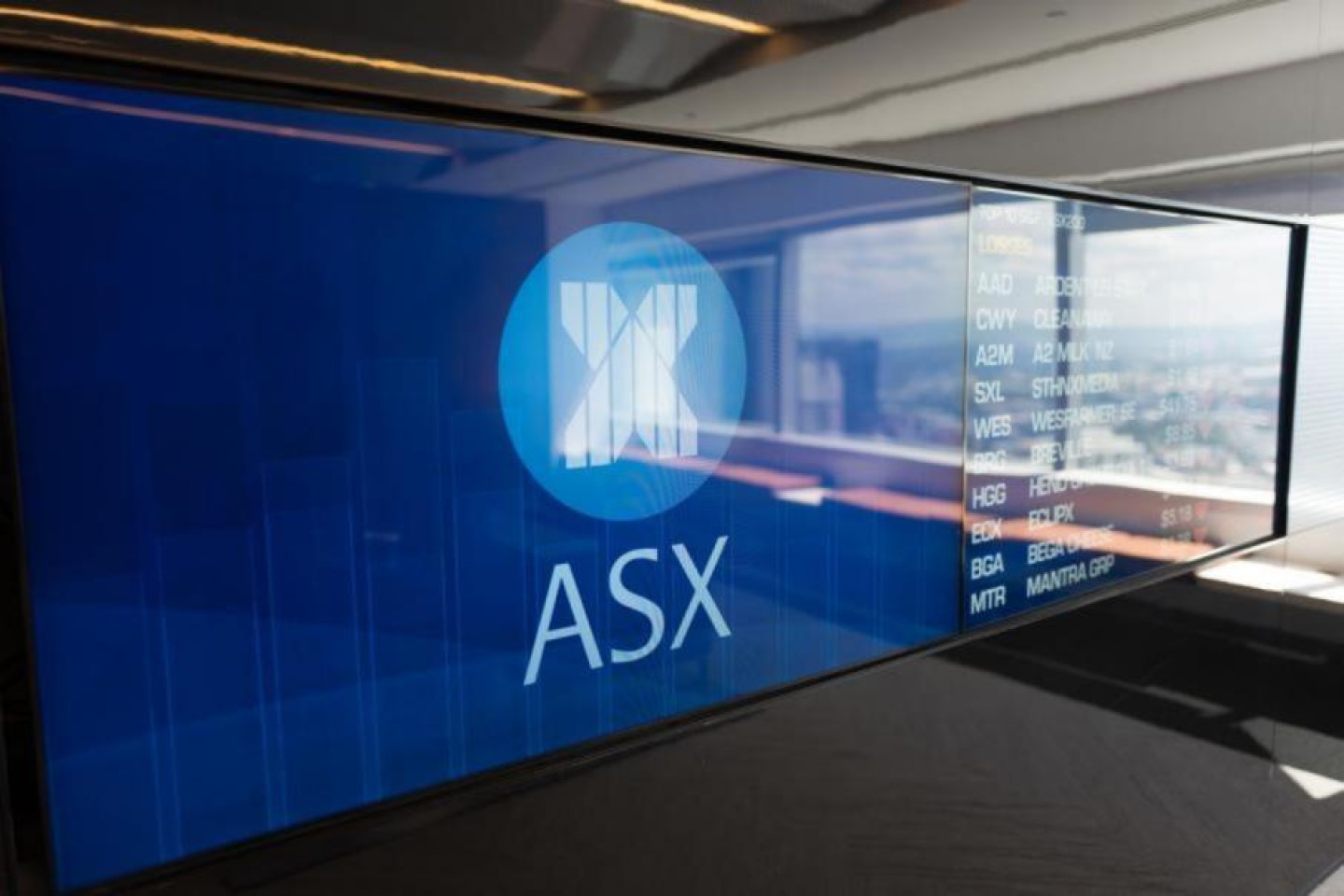
Shares had their steepest fall since February on the Australian market as overseas economic concerns nullified plans to ease local lockdowns.
The loss of 1.9 per cent was broad-based after Wall Street investors worried about coronavirus infections blunting the economy. The ASX also lost 1.9 per cent on May 19.
The gloom in the US came after a survey showed economic activity had contracted through July and August due to infections and supply chain troubles.
IG Markets analyst Kyle Rodda said forecasts for US economic growth were being downgraded.
“Delta has all but scuttled the idea that the virus can be extinguished and a historic economic boom can be unleashed,” he said.
Hong Kong’s Hang Seng index had a similar-sized fall to the Aussie market on Thursday, with tech stocks plunging after China tightened its oversight of gaming companies.
Information technology shares on the ASX were not immune and lost more than three per cent.
Accounting software vendor Xero shed 4.29 per cent to $146.42.
The offshore influences completely robbed investors of any optimism they have felt from NSW and Victoria’s plans to reopen their economies.
NSW leaders unveiled plans for many businesses to reopen after 70 per cent of those eligible are vaccinated. This is expected in October.
Rules on gatherings and travel in regional parts of the two states are already easing.
Overseas, the European Central Bank will attract plenty of attention in the next 24 hours.
Analysts expect the bank to make a token step towards reducing emergency economic support.
Earlier, the benchmark S&P/ASX200 index closed lower by 142.5 points, or 1.9 per cent, to 7369.5.
The All Ordinaries closed down by 148.6 points, or 1.9 per cent, to 7658.9.
The head of the National Australia Bank said the current lockdowns were not as financially damaging for many customers as last year.
NAB chief executive Ross McEwan told a hearing in Canberra many businesses were waiting for restrictions to ease.
At August 31, just over $1.8 billion in lending repayments were deferred compared with $58 billion at the height of the pandemic.
Shares in the bank closed down 1.56 per cent to $28.40.
The Commonwealth was the worst of the big four, its shares dropping 2.3 per cent to $100.55.
The big miners were all lower. BHP dropped 1.66 per cent to $40.92, Fortescue lost 0.61 per cent to $17.81 and Rio Tinto shed 2.47 per cent to $105.50.
Gas provider Senex has struck a deal with miner New Century Resources in Mount Isa, Queensland.
Senex will supply about seven petajoules of natural gas over three years to a power station.
Shares were up 2.17 per cent to $3.29.
Synlait Milk improved by 2.67 per cent after it arranged the sale and leaseback of its Auckland warehouse.
Boss John Penno said the move would free up cash and allow the company to reduce debt.
Iron ore miner Strike Resources has sold 15,000 tonnes of the commodity to a steel mill in South America.
Strike did not reveal the identity of the buyer but said the sale could lead to a long-term supply deal.
Shares were steady at 16 cents.
The Australian dollar was buying 73.70 US cents at 1729 AEST, lower than 73.77 US cents at Wednesday’s close.
ON THE ASX
* The benchmark S&P/ASX200 index on Thursday closed lower by 142.5 points, or 1.9 per cent, to 7369.5.
* The All Ordinaries closed down by 148.6 points, or 1.9 per cent, to 7658.9.
* At 1729 AEST, the SPI200 futures index was flat at 7366 points.
CURRENCY SNAPSHOT
One Australian dollar buys:
* 73.70 US cents, from 73.77 cents on Wednesday
* 81.03 Japanese yen, from 81.21 yen
* 62.33 Euro cents, from 62.23 cents
* 53.49 British pence, from 53.53 pence
* 103.71 NZ cents, from 103.86 cents.








